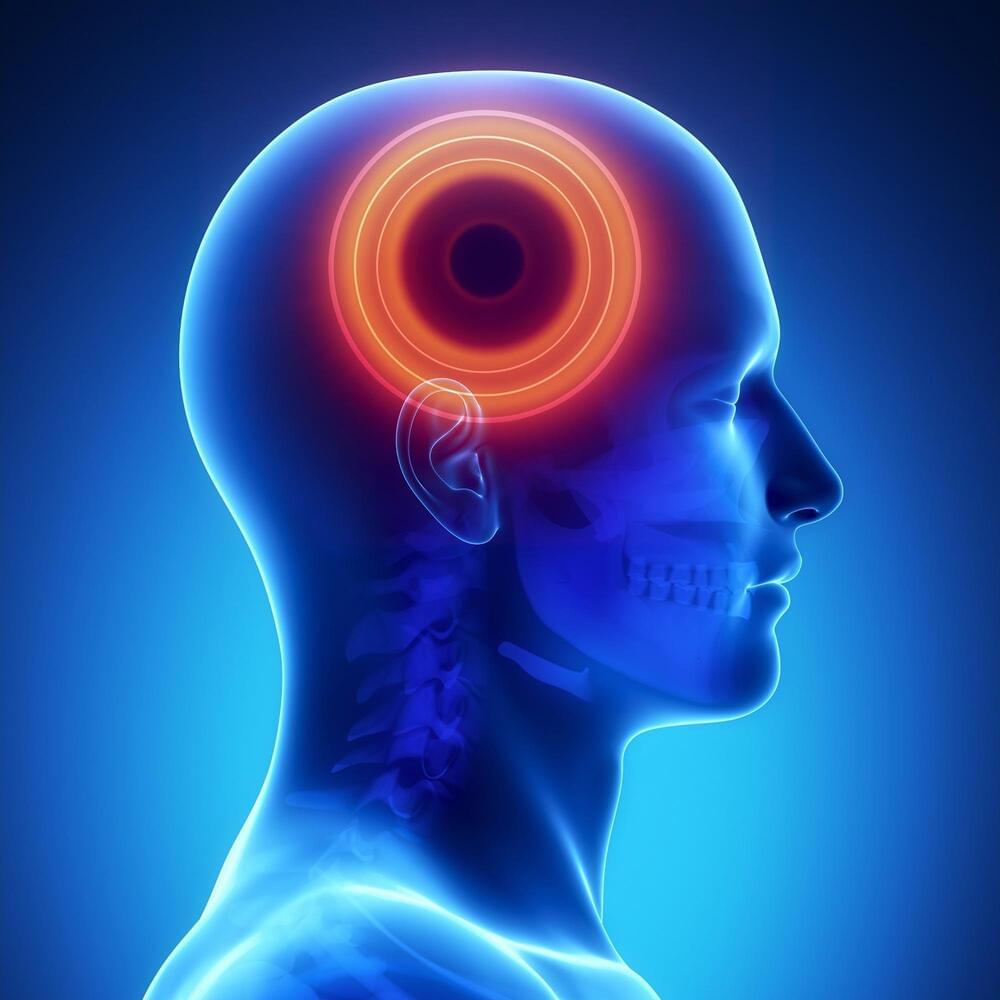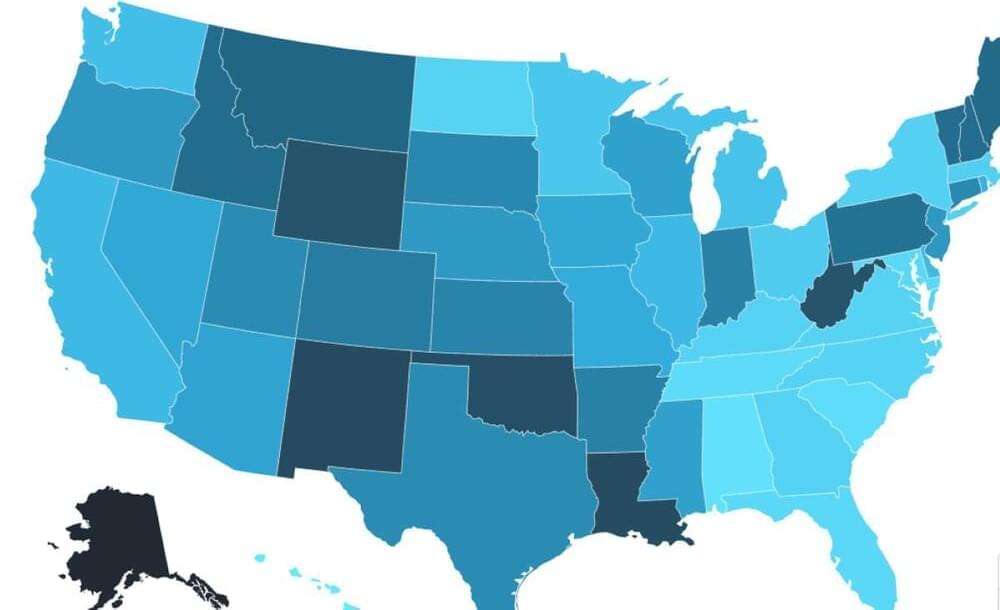SpinLaunch was founded in 2014, and its leadership team has since raised tens of millions of dollars in funding. The company has been working with NASA, Airbus, and Cornell University, launching some of their equipment as part of testing. The tech has so far endured 10,000 Gs, “10,000 times the force of Earth’s gravity,” all per the Space.com report.
If SpinLaunch’s concept proves reliable, it could eliminate the loads of fuel that is burned to launch spacecraft. In 2016, Business Insider noted that SpaceX’s Falcon 9 rocket used more than 900,000 pounds of propellant for each liftoff, for reference. The fuel efficiency may have improved some since then.
CBC News reports that a growing number of launches are starting to draw scrutiny, particularly for ozone layer health. The barrier protects us from some of the sun’s harmful radiation.







